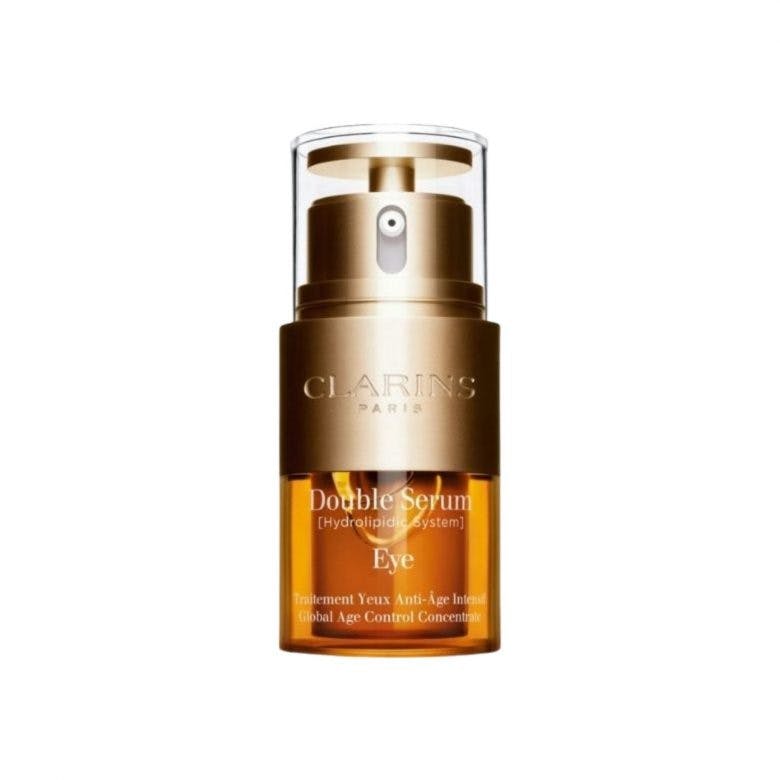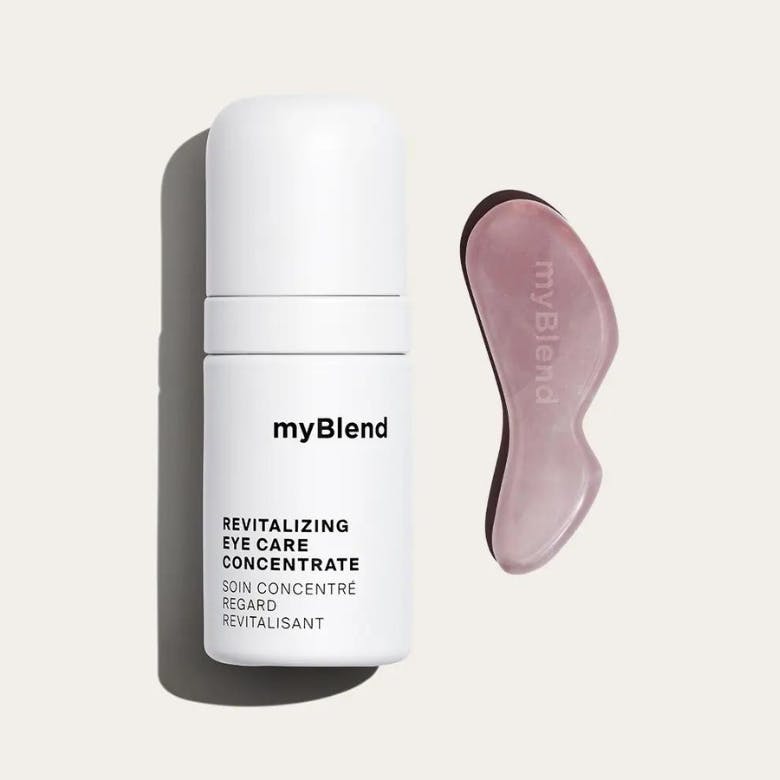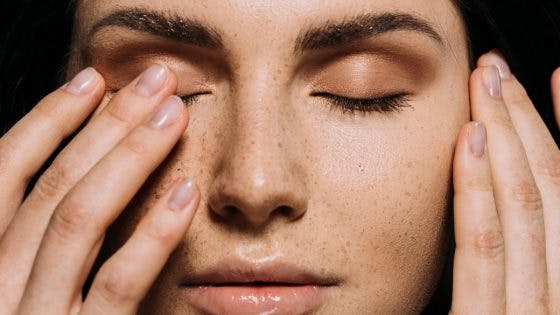How to Tackle Dry Skin Around The Eyes
4 minutes read
Itchy, scratchy, flaky skin around the eyes? So irritating and so unnecessary. We’ve pulled all the information on how to treat dry skin around the eyes. So read on…
What is dry skin?
According to Clarins, dry skin lacks moisture and lipids, making it more vulnerable to the environment. Dry skin occurs all over our bodies, but we notice it far more quickly when it appears on the sensitive skin around the eyes. Often dryness on the lids or the area around the eyes is caused by external factors.
Symptoms to watch out for
- Mild dryness around the eyes is widespread. Normally, your skin will either form patches or scales. It may feel rough, flaky, itchy and red.
- A more extreme condition manifests as dry, red and sore skin. It may itch, sting or burn, peel or swell up.

Causes of dry skin around the eyes
Environmental causes
- The weather: In both summer and winter months, the face is exposed to extreme weather conditions that dry out the skin.
- Hay Fever is common in spring and summer when the pollen count is high and can cause skin irritation on the face as well as around the sensitive eye area.
- UV rays: No matter the season, we are exposed to harsh UV rays, even when the sun isn’t shining. This can cause dryness and discomfort in the sensitive area around the eyes.
- Hot water: Washing your face with hot water can dry out and irritate the skin, including dry skin around and under the eyes. Also, washing your face too often can result in dryness.
Check your skincare
Because the area around your eyes is so delicate, it’s important to use only the best skincare products.
- Make sure that the skincare products you use are of the best quality possible, and are preferably made with natural ingredients.
- Check the sell-by date of your skincare and make-up products. If they are out-of-date or have been open for too long, they could be irritating your eyes. Experts advise looking on the container for an image of an opened jar with a number on it: six, 12, 24, or 36. This indicates the number of months you can use a product after you’ve opened it. Read next: How Long Does My Make-Up Last?
- Also, it’s important to use products that have been dermatologically and ophthalmologically tested.
Medical causes
Eczema is a common cause, according to the NHS. It identifies contact dermatitis, a type of eczema, as an allergy to a particular substance you use in your home or on your skin. These include substances such as soaps, detergents, skincare or make-up products, sunglasses, and false eyelashes. This skin condition can also be called irritant contact dermatitis; it usually appears within a few hours or days of coming into contact with the allergen and is often eliminated by removing the cause.
Atopic dermatitis is another common form of eczema which is either genetic or the result of your immune system playing up – when this happens, it causes an allergic reaction that shows up as dry skin around the eyes.
Treatments
Moisturise!
To treat mild eyelid dermatitis, use a moisturiser to stop dryness and itching.
The award-winning Double Serum Eye, £58, is formulated with 96% natural ingredients and enriched with 13 plant extracts, including organic wild chervil extract. This substance is full of active ingredients and recognised for its medicinal properties. It will help to alleviate the puffiness sometimes associated with sore eyes and works on healing the dry skin.

We also love the myBlend Revitalizing Eye Care Concentrate, £135, that’s a great pick if you want something that also depuffs and soothes the eye area, along with moisturising it. Plus, it comes with a free rose quartz gua sha to elevate your eye care routine.

Home remedies for itchy, dry eyes
- Minimise touching the eye area – this can lead to further complications or infection.
- Use a cold compress to stop itching.
- Avoid sleeping face down with the eyes pressed against the pillow. A study has found that those who sleep face down or on their side are more likely to have dry eye disease.
- Try to use make-up that’s formulated for sensitive eyes.
- Change beddings (bed sheets, pillowcases and duvet covers) more frequently, ideally once a week to keep sheets free of pollen, dust and other particles that might make itchy eyes symptoms worse. Use beddings with anti-dust mite protection to keep out allergens.
- If you suffer from dry eyes, ‘artificial tears’ can bring relief as they will keep your eyes moist and lubricated. However, if it’s an allergic reaction from pollen, dust or pet dander, using antihistamine eye drops is recommended.
- Take a look at your home environment. Often, low humidity dust, air conditioning, or central heating can be the cause of irritation, so invest in a decent humidifier.
- Dialing down the screen time.
- Try using chamomile or lavender tea bags; steep in hot water, leave to cool and then place in the fridge for twenty minutes – they are an instant refresher.
Sign up for our newsletter
We will keep you in the loop for special offers, exclusive gifts and product news.

